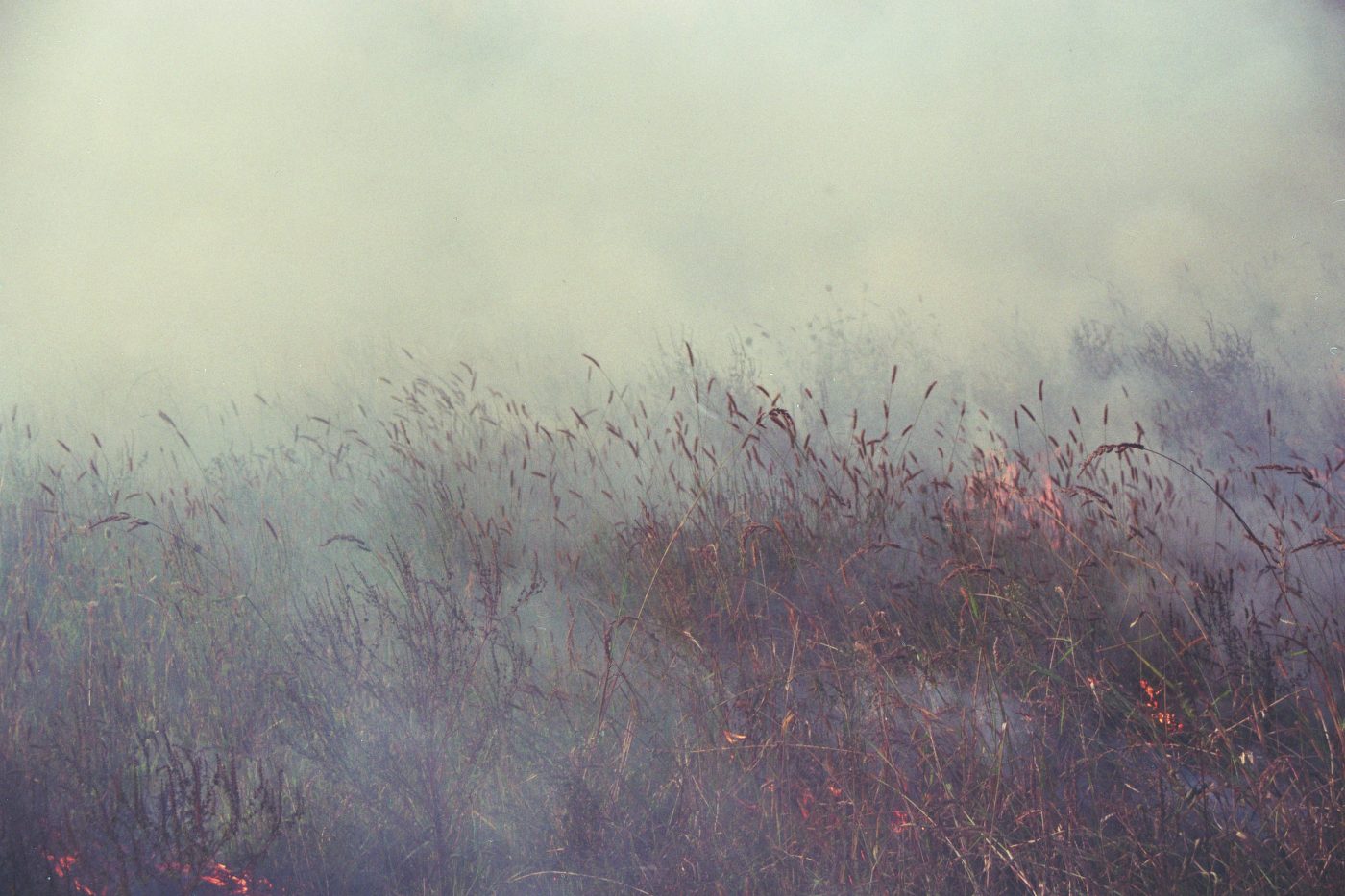A seminar exploring the notion of belonging through the work of artists from former Yugoslavia – especially those who left the country after the 90’s
Speaker: Tanja Ostojić, René Block, Irfan Hošić, Rainald Schumacher, Adnan Softić, Claudia Zini, Carsten Juhl, Jeppe Wedel-Brandt and Tijana Mišković
Venue: Kunsthal Charlottenborg (cinema space at mezzanine on the 1st floor), Nyhavn 2, 1051 Copenhagen K
Tickets: Free of charge or you can eventually decide the ticket price yourself as a donation. Registration via following link is necessary because of limited availability of seats: Billetto
The seminar was video documented and the videos of presentations are now available on the following link:
Documentation videos
Program:
August 19th, 2019
10.00-12.30 Cinema-screening program with videos related to the seminar theme:
10.00
Letters 1 & Letters 2 (67′+ 28′) 2018 by Ana Pavlović
NO SPACE (5′ 8″) 2019 by Selman Selma
ca. 11.40
Bigger than Life (29′ 56″) 2018 by Adnan Softić
Indivisible and Inseparable (7′ 39″) 2017 by Siniša Radulović.
13.00-16.45 Seminar presentations
- 13.00-13.15 Welcome
- 13.15-13.45 Tijana Mišković, curator:“Introduction to the seminar theme and the motivation behind”
- 13.45-14.15 Irfan Hošić, art historian and curator: “Border as metaphor in the work of Mladen Miljanović”
- 14.15-14.45 Claudia Zini, art historian and curator: “From home to exile and back. Displacement and trauma in the works of Ervin Tahirović and Velibor Božović”
- Pause
- 15.00-15.30 Jeppe Wedel-Brandt, cultural historian: “Living with differences, sharing space”
- 15.30-16.00 Adnan Softić, artist and author: “A plea for the balkanisation of europe”
- 16.00-16.45 Debate led by anthropologist, Kristina Grünenberg
August 20th, 2019
10.00-12.30 Cinema-screening program with videos related to the seminar theme:
10.00
Flotel Europa (70′) 2015 by Vladimir Tomić
Booze (3′ 38″) 2012 by Alen Aligrudić
Family Album (19′) 2018 by Suada Demirović
ca. 11.40
Reprise/Response (23′) 2018 by Damir Avdagić
Replanting the Roots (7′ 13″) 2016 by Nenad Milčević
NOWHERE, 2018 (17′ 34″) by Neli Ružić
13.00-16.45 Seminar presentations
- 13.00-13.15 Welcome
- 13.15-13.45 Carsten Juhl, former director of the Theory Department at the Royal Danish Academy of Fine Arts: “Borders in an Expanded Field”
- 13.45-14.15 Rainald Schumacher, curator at Art Collection Telekom: “An artist who cannot speak English is no artist. What language does art speak in the countries of the former Yugoslavia?”
- 14.15–14.45 Tanja Ostojić, artist: “Transformative Encounters: Lexicon of Tanjas Ostojić (2011-17) and Misplaced Women? (ongoing since 2009)”
- Pause
- 15.00-15.30 René Block, curator, gallerist and collectors: “In the Gorges of the Balkans and other Balkan experiences during the years 2003-2006″
- 15.30-15.40 Short final remarks by Tijana Mišković.
- 15.45-16.45 Debate led by cultural historian, Zlatko Jovanović. “The Balkans: locality, trope, imagination”
Tickets: Free of charge or you can eventually decide the ticket price yourself as a donation. Registration via following link is necessary because of limited availability of seats: Billetto
In the 30-minute afternoon presentations during the 2-day seminar, a group of international speakers will focus on theoretical, curatorial, and especially artistic attempts to redefine the notion of belonging by directing us to look in-between and beyond established national and cultural structures. Furthermore, there will be a cinema-screening program in the morning hours, including video artworks related to the seminar theme.
Thematically, the seminar program will be organized around three lines that question the notion of:
LAND/SOIL – Territorial belonging, as well as heritage, in the situation of displacement.
ARCHITECTURE – Protective construction that evokes physical and mental belonging in the context of destruction, trauma, and rebuilding.
CITY SPACE – Urban patterns for thinking, communicating, and social acting in both diversity and unity.
Background:
In the ‘90s, the multinational Balkan country Yugoslavia dissolved. The nationalism took over Tito’s concept of “brotherhood and unity”, and the violent war resulted in millions of people being displaced. However, the Balkan concept of a multicultural coexistence, which can be traced back not only to Tito’s Yugoslavia, but also to the culturally diverse Austro-Hungarian and Ottoman Empires, did not disappear. In fact, it has transitioned from a concept of peripheral otherness of Europe into one of diasporic inbetweenness of Europe.
Today, other war refugees, as well as environmental migrants, are fleeing their places of origin to new territories in search of better futures. This increasing worldwide displacement is calling for a redefinition of the concept of belonging by thinking beyond established structures.
The artists who left Yugoslavia after the ‘90s – and now live in what we, for lack of a better word, call a diaspora – might be able to provide a useful “third point of view” amidst Europe’s actual struggle to maintain its concept of coexistence “in unity and diversity” because they are intrinsically connected to several contexts of liminality. (They come from the Balkans, which historically has been considered a periphery of Europe, being both an exotic and obscure “other”. Additionally, they’ve gained yet another layer of “otherness” as a displaced generation of immigrants living between cultures.)
Image: Mila Panic, “Burned Field”, 2017
The seminar is supported by:
- Grosserer L.F. Foghts Fond
- Billedhuggeren, professor Gottfred Eickhoff og hustrus, maleren Gerda Eickhoffs Fond
- Ismar Čirkinagić
- A Hereford Beefstouw
- Aha +
- Jyllands-Posten Fond
- Wistifonden
